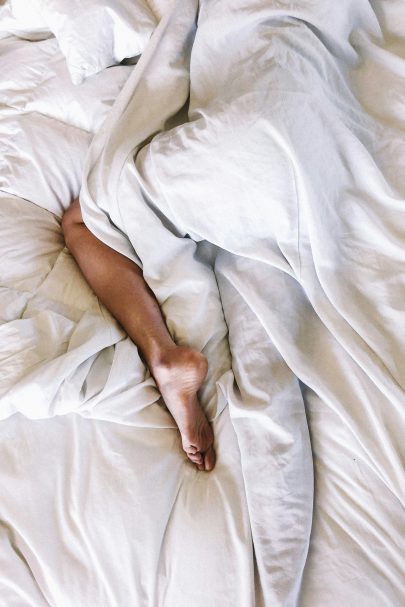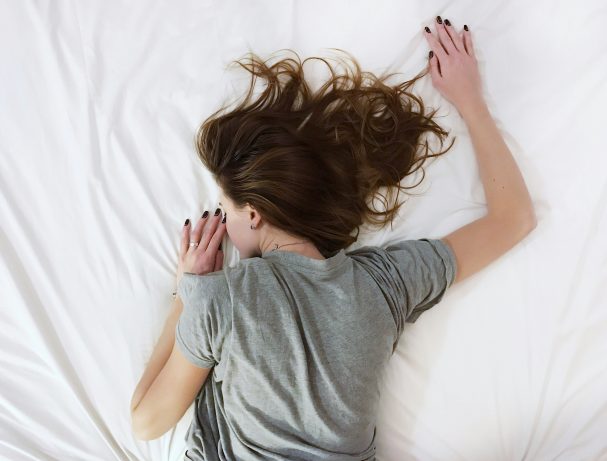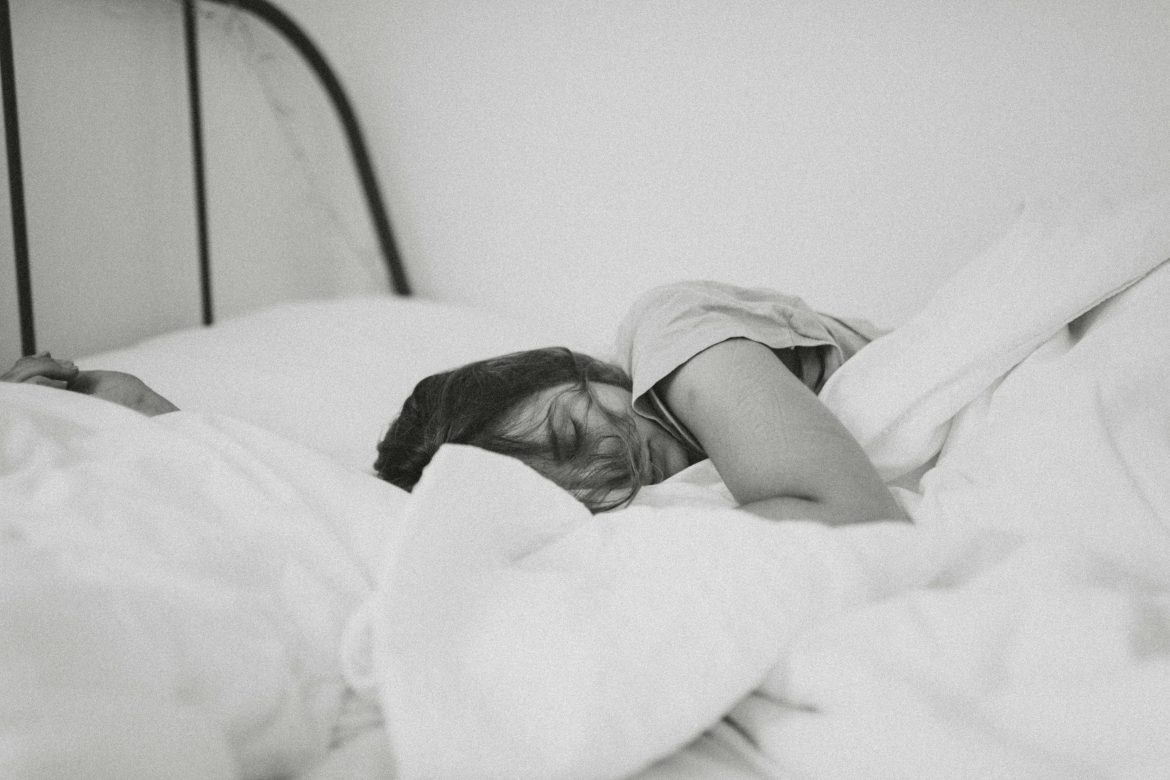We’ve all been there: tossing and turning, counting sheep, yearning for that elusive good night’s sleep. The answer to sleep woes may lie beyond chamomile tea or expensive sleep aids: exercise. That’s right, exercise can help you sleep better.
Numerous studies have shown a strong link between regular physical activity and improved sleep quality. While the thought of adding another task to your already busy schedule might seem daunting, the benefits of exercise extend far beyond the gym, impacting your precious sleep patterns as well.
ALSO SEE: What is sleep hygiene and how can it help you get a great night’s sleep?

Unsplash
How does exercise help you sleep?
There are several ways:
Stress Reduction
Exercise is a natural stress reliever. By releasing endorphins, the body’s feel-good chemicals, physical activity helps combat the anxious thoughts and worries that often keep us awake at night
Improved Sleep Architecture
Regular exercise helps regulate your body’s natural sleep-wake cycle, also known as your circadian rhythm. This can lead to falling asleep faster, staying asleep longer, and experiencing deeper, more restorative sleep stages
Improved cardiovascular health
Of course, this is a given, but it goes beyond just breathing better. Our brains monitor oxygen levels throughout the day, but especially when we sleep. The slightest drop in oxygen levels triggers our brains to wake us up to restore breathing, which disrupts our sleep cycle.
Regular exercise strengthens your cardiovascular system and improves your body’s ability to use oxygen efficiently. This, in turn, can lead to fewer of these micro-awakenings, resulting in a more continuous and restful sleep.
Reduced Sleep Disorders
Exercise can improve symptoms of sleep disorders like insomnia and sleep apnea. For example, moderate-intensity exercise can help with weight management, which can contribute to better breathing during sleep and reduce the risk of sleep apnea.

Unsplash
The kind of exercises for better sleep
The good news is that you don’t need to become a gym rat to reap the sleep benefits. Aim for at least 30 minutes of moderate-intensity exercise most days of the week. Brisk walking, swimming, cycling, and dancing are all excellent choices.
But, there are also a few things you can do to ensure that physical activity can help you sleep better.
Schedule your workouts strategically
While some people find evening workouts energising, vigorous activity too close to bedtime can be counterproductive. Aim to exercise at least 3-4 hours before bed to allow your body temperature and heart rate to return to normal.
Some exercises work better at different times of the day though.
Resistance or aerobic training, like pilates, is best done in the morning, as it can stimulate earlier melatonin release in the evening. Alternatively, you should plan high-intensity workouts, like [enter], in the afternoon, to help tire you out. And, light resistance training, like yoga, is best done in the evening, as it can help make you sleepy and reduce wakefulness.
Listen to your body
Don’t push yourself too hard, especially if you’re new to exercise. Overexertion can have the opposite effect, leaving you feeling drained and wired. Start slow and gradually increase the intensity and duration of your workouts
Relax and unwind after your workout
Allow your body and mind to wind down after exercise. Take a warm bath, read a book, or practice gentle yoga or stretching.
Remember, consistency is key
The more you make exercise a regular part of your routine, the more significant the impact you’ll see on your sleep quality. So ditch the sleeping pills (always consult your doctor before making any changes) and lace up your sneakers. You might be surprised at how your sleep, and overall well-being, improve with a little sweat equity.
Sweet dreams!
ALSO SEE:
Sleep reset 101: how to reclaim your nights and energize your days
Featured Image: Unsplash

